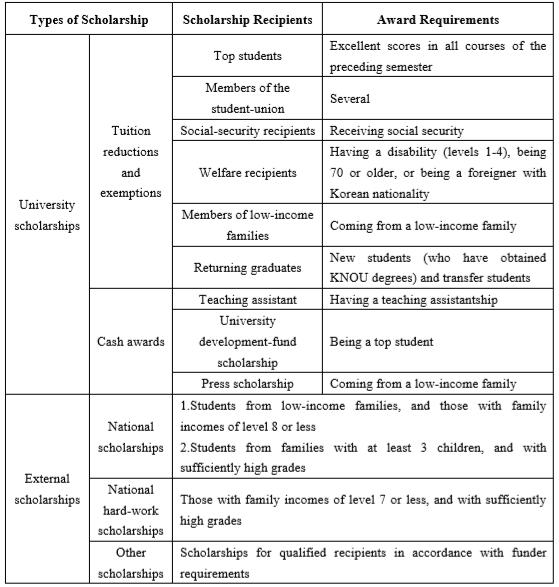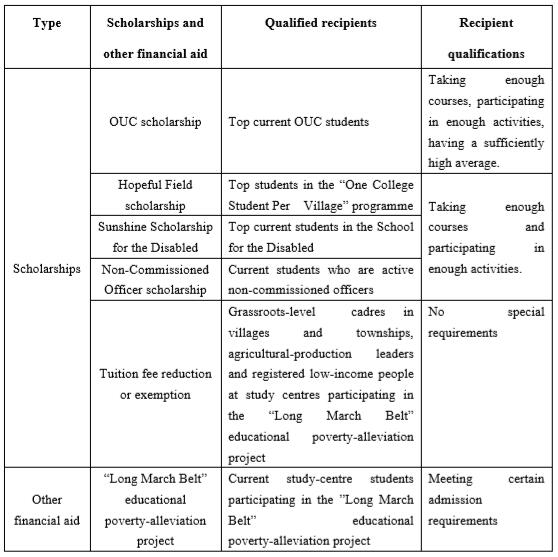Ⅱ. Student Counselling
The Student Services Centre exists at KNOU to deal with a variety of student affairs, not just academic ones, and give corresponding support. Attached to this centre is a call centre which offers telephone counselling. It takes and makes calls, monitors student satisfaction, and so on.
KNOU’s counselling services cover enrolment, registration, courses, examinations, graduation, career development, health, information technology and other topics over the phone, online, and face-to-face. Of these, career development offers information on job searches and career planning, gives training lectures, and helps students via both online and offline counselling. Students can either access online consultations through the university website, or get them offline by participating in psychological testing given at the university’s headquarters in Seoul, at a psychological-counselling workshop, or in group consultation. Health consultations offer information and services related to health and medical care, and cover basic health information, as well as assistance with first aid, such as cardiopulmonary resuscitation. Students can obtain information for free by logging onto the university website.
The Distance Reception Centre can be found in the OUC headquarters to answer student question about distance education. Some provincial branches have also set up call centres to offer their own consultation services. These offer information and receive complaints concerning enrolment, admissions, registration, course selection, assignments and examinations by telephone, email, BBS, and instant messaging. They also gather and analyse data on learning processes and return visits (Hao et al., 2011).
Both universities have established relatively complete consultation services, and have a lot in common in terms of how these services operate. However, the student-counselling services at KNOU are more diverse, covering consultations on career development, health care and information technology. The OUC does not yet offer services on career development and health care, while information-technology services are the responsibility of the technical-support department.
Ⅲ. Financial Assistance
Scholarships exist for a variety of student groups at KNOU. They include internal and external scholarships, depending on their sources, and the internal scholarships are further divided into the three categories: tuition exemption, tuition reduction, and cash awards.
The reduction or exemption waive part or all of the tuition fees and school supporting association fees1 , and are awarded for excellence or to members of the student union, social-security recipients, welfare recipients, members of low-income families, and graduates returning for more schooling. Cash awards include student assistantships and university development-fund or press scholarships, with certain amounts of cash being distributed at regular intervals. External scholarships are funded by the government or other institutions, and mainly consist of national scholarships. Some of these scholarships are set up by the university in accordance with the requirements of the funder.
Table 3. KNOU Scholarships
(KNOU, 2017)

The OUC has set up four types of scholarships, and financial aid for students in the “Long March Belt” educational poverty-alleviation project, with university funds. Corresponding scholarships and other financial aid exist in all branches and learning centers. The names of the OUC scholarships and other financial aid, as well as the qualifications of recipients, are specified in Table 4.
Table 4. OUC scholarships and other financial aid

Both universities offer scholarships to a variety of students. KNOU has more sources of scholarship funding than the OUC; they include governments, enterprises, and other institutions outside the university, as well as the university itself. Its scholarships are more diverse, and have more recipients. The prize winners also include student-union leaders, social-security recipients, members of low-income families, and others, but are not offered for academic excellence. More OUC scholarships involve cash as opposed to tuition-fee reductions or exemptions, and some students receive student subsidies.